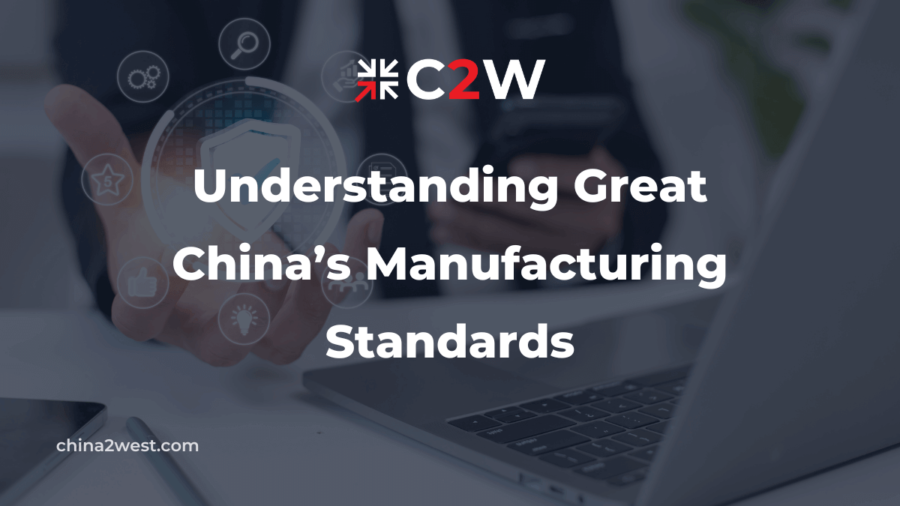In the ever-evolving landscape of global business, establishing a successful partnership with a Chinese manufacturer can offer a range of benefits, from cost-effective production to access to a burgeoning consumer market.
However, this journey requires careful navigation of cultural nuances, effective communication strategies, and thorough planning.
This article aims to delve deeper into the key factors that ensure a seamless and fruitful collaboration with a Chinese manufacturer.
Understanding Cultural Nuances
Culture wields a significant influence on business interactions, and this is particularly true when engaging with partners from diverse cultural backgrounds, such as China.
To ensure a harmonious partnership, it’s crucial to understand and appreciate the cultural norms and values of your Chinese counterparts. Building relationships and trust is often prioritized over immediate transactions in Chinese business culture.
Investing time in establishing a personal connection can lay the foundation for a mutually respectful and fruitful collaboration.
Clear and Open Communication
Effective communication forms the bedrock of any successful partnership. When working with a Chinese manufacturer, clear, transparent, and open lines of communication are non-negotiable.
Language barriers and varying communication styles can potentially lead to misunderstandings.
To bridge this gap, consider employing a reliable translator or interpreter. Regular video conferences, supplemented by written communication, can contribute significantly to aligning expectations and goals.
Thorough Due Diligence
Before embarking on any business partnership, due diligence is a paramount step. In the context of collaborating with a Chinese manufacturer, conducting comprehensive research is of the essence.
Assess potential partners based on their reputation, production capabilities, adherence to quality standards, and compliance with relevant regulations.
If feasible, visiting their facilities in person can provide invaluable insights. Armed with well-informed decisions, you can mitigate risks and set the stage for a successful partnership.
Clearly Defined Expectations
Clarity in expectations is the cornerstone of a smooth partnership. From the outset, document all terms and conditions in a detailed agreement.
This should encompass crucial aspects like pricing structures, production timelines, quality control mechanisms, and intellectual property rights.
It’s important to recognize that Chinese business practices often emphasize harmony within relationships. Thus, negotiations should be approached with patience and a willingness to accommodate reasonable adjustments.
Quality Control and Monitoring
Upholding product quality is a linchpin in the success of your partnership. Implementing a robust quality control process is imperative.
This involves regular inspections, rigorous testing, and vigilant monitoring of the production process.
Demonstrating your commitment to maintaining high standards will not only enhance the quality of your products but also showcase your dedication to the partnership’s prosperity. Chinese manufacturers are more likely to uphold stringent quality measures when they witness your sincere commitment.
Intellectual Property Protection
Concerns surrounding intellectual property (IP) protection are commonplace when entering partnerships, especially with Chinese manufacturers.
To safeguard your valuable intellectual property, collaborate with legal experts well-versed in international trade laws. Register your patents, trademarks, and copyrights within China’s legal framework.
Furthermore, incorporate clauses within your partnership agreement that explicitly address matters pertaining to IP rights, usage, and confidentiality.
Logistics and Supply Chain Management
Efficient logistics and supply chain management are pivotal for the timely and seamless delivery of products. Work in close collaboration with your Chinese manufacturer to optimize shipping routes, transportation modes, and customs procedures.
This collaborative effort will not only smoothen operational processes but also nurture a shared sense of responsibility for the partnership’s triumph.
Building Long-Term Relationships
In Chinese business culture, longevity and depth in relationships are greatly valued. To ensure the sustainability of your partnership, extend your efforts beyond mere transactional interactions.
Invest time in cultivating the relationship, even outside of business contexts. Occasional visits, participating in local festivals, and celebrating cultural events together can fortify the bond.
By showcasing your commitment to a lasting partnership, you pave the way for continued cooperation, trust, and mutual growth.
Venturing into a partnership with a Chinese manufacturer holds immense potential for business growth. However, unlocking this potential requires meticulous preparation and a sincere commitment to navigating the cultural, logistical, and legal intricacies.
By emphasizing effective communication, cultural understanding, and setting clear expectations, you can establish a partnership that thrives on mutual respect and shared success. Remember, the path to success involves more than transactions; it’s about building enduring relationships in the global business arena. Through cultural sensitivity and proactive collaboration, you can foster a partnership that stands the test of time, which one like C2W is profoundly proud of with their 18 years of industry experience and reputation. Contact us now!


